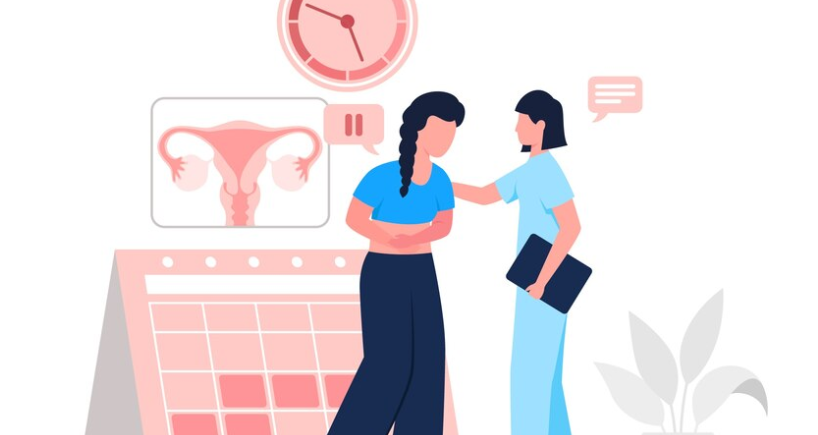
The PCOS and Mental Health Connection: Strategies for Feeling Your Best
PCOS, or Polycystic Ovary Syndrome, can be a challenging condition to navigate. Beyond the physical symptoms, many women with PCOS experience mental health struggles, particularly anxiety and depression.
Why the Link? Understanding the PCOS & Mental Health Connection
There are several reasons why PCOS can impact your mental well-being. Here are some key factors:
- Hormonal Fluctuations: The hormonal imbalance characteristic of PCOS can contribute to feelings of anxiety and depression.
- Body Image Concerns: Symptoms like unwanted hair growth and weight gain can negatively impact self-esteem and lead to body image issues, which can fuel anxiety and depression.
- Infertility Challenges: If you're struggling to conceive due to PCOS, it can be emotionally draining and lead to feelings of isolation and sadness.
- Uncertainty and Stress: The unpredictable nature of PCOS and the need to manage various aspects of the condition can be a significant source of stress, which can worsen anxiety and depression.
You're Not Alone: Breaking the Stigma
It's important to remember that you're not alone. Many women with PCOS experience similar emotional challenges. There's no shame in seeking help, and acknowledging your mental health is an important step towards feeling better.
Building Resilience: Strategies for Coping with Anxiety and Depression
Here are some strategies to help you manage anxiety and depression associated with PCOS:
- Talk Therapy: Talking to a therapist can provide a safe space to explore your feelings, develop coping mechanisms, and learn tools for managing anxiety and depression.
- Mind-Body Practices: Activities like yoga, meditation, and mindfulness exercises can help you manage stress, improve mood, and promote relaxation.
- Healthy Lifestyle Habits: Maintaining a balanced diet, getting regular exercise, and ensuring adequate sleep are crucial for both physical and mental well-being.
- Prioritize Self-Care: Taking time for activities you enjoy, like spending time with loved ones, pursuing hobbies, or practicing relaxation techniques, can significantly improve your mental health.
At Fortis Hospital Gurugram, we understand the emotional impact of PCOS. Our team of healthcare professionals, including mental health specialists and support staff, can work with you to develop a comprehensive treatment plan that addresses both the physical and mental health aspects of PCOS. We offer a variety of services, including therapy, support groups, and educational resources to help you manage your PCOS and live a fulfilling life.
Remember, taking control of your mental health is just as important as managing the physical symptoms of PCOS. By utilizing the strategies above and seeking professional support when needed, you can learn to cope effectively with anxiety and depression and improve your overall well-being. Let's work together to help you find your path to feeling your best!
Categories
Clear allMeet the doctor

- Obstetrics and Gynaecology | Obstetrics and Gynaecology
-
24 Years
-
1500



















